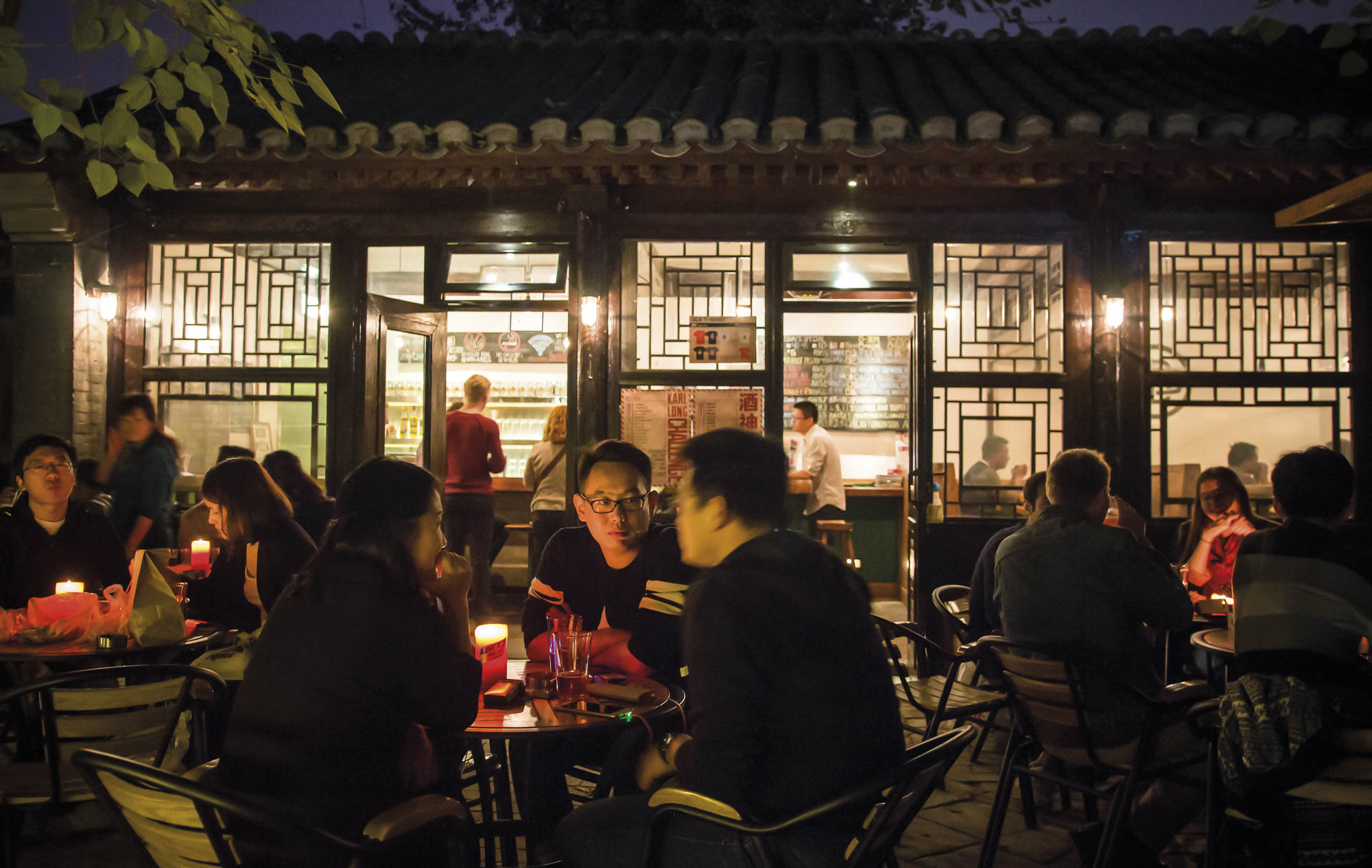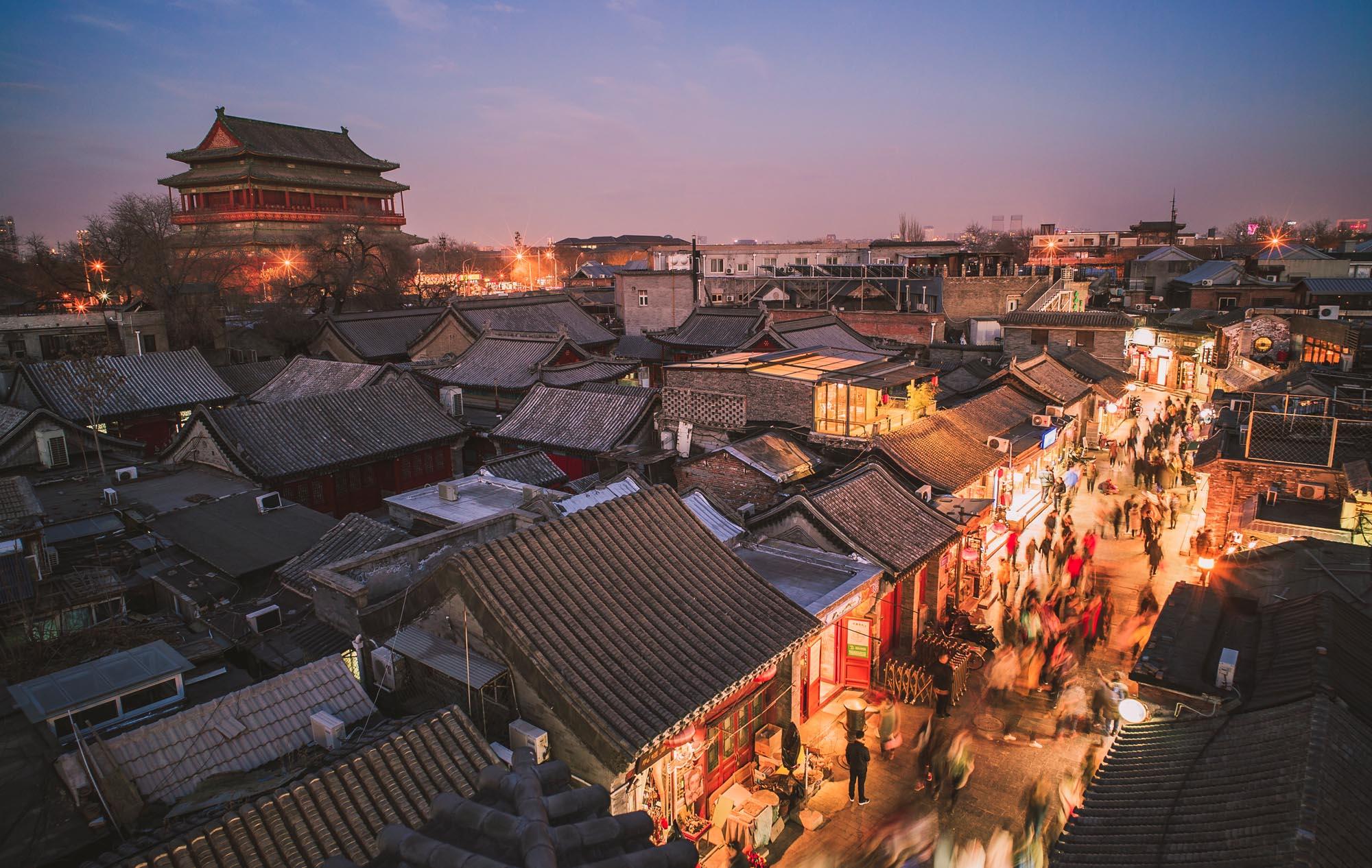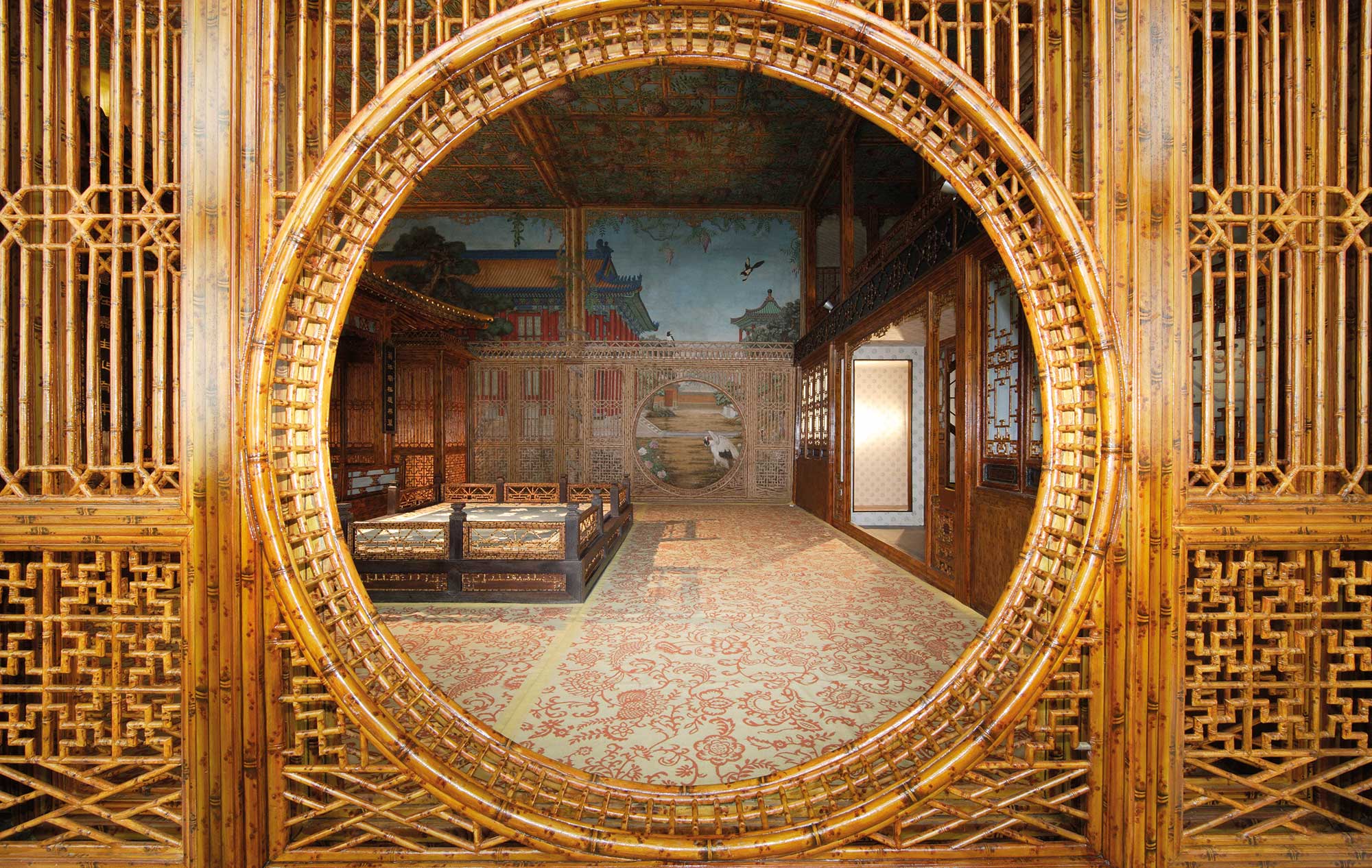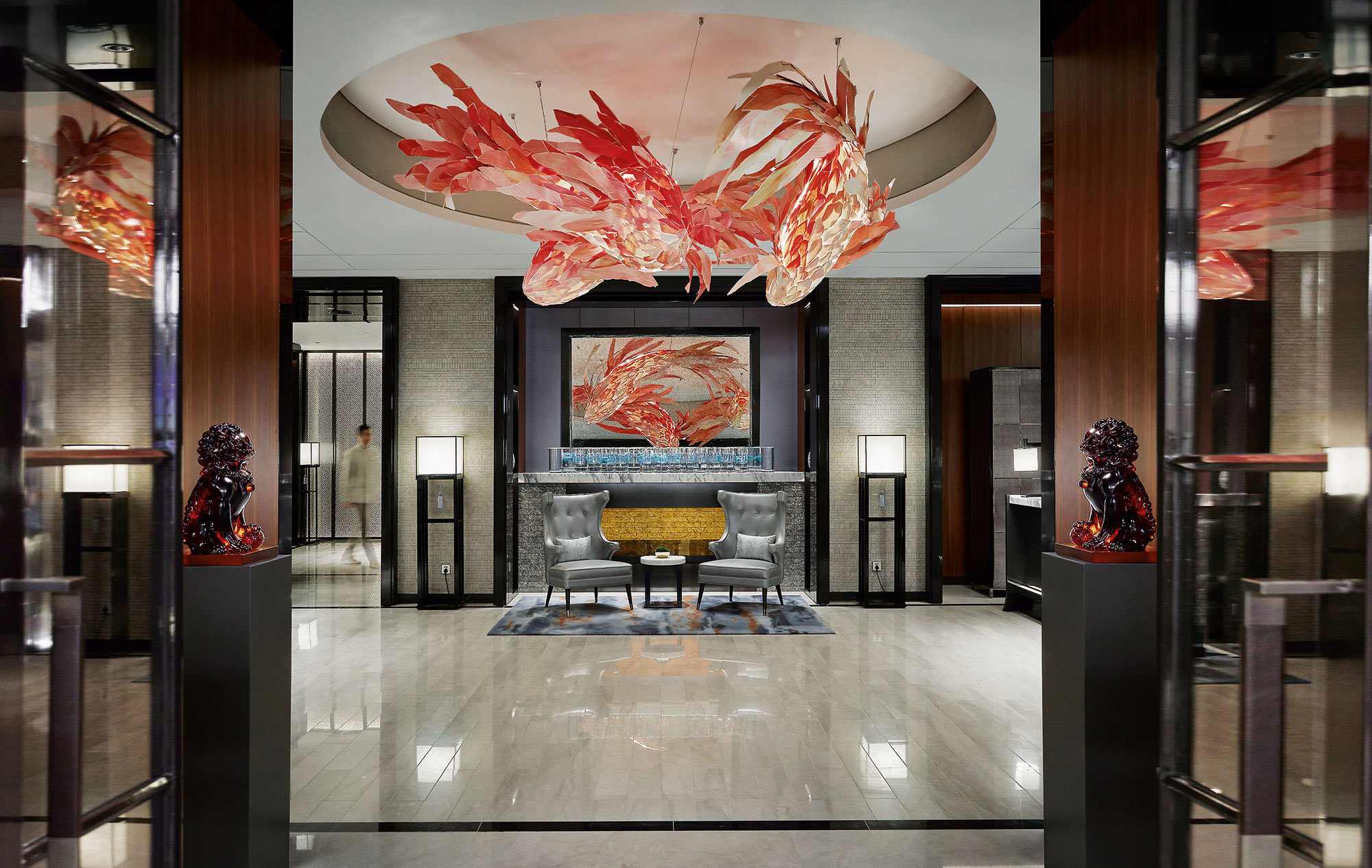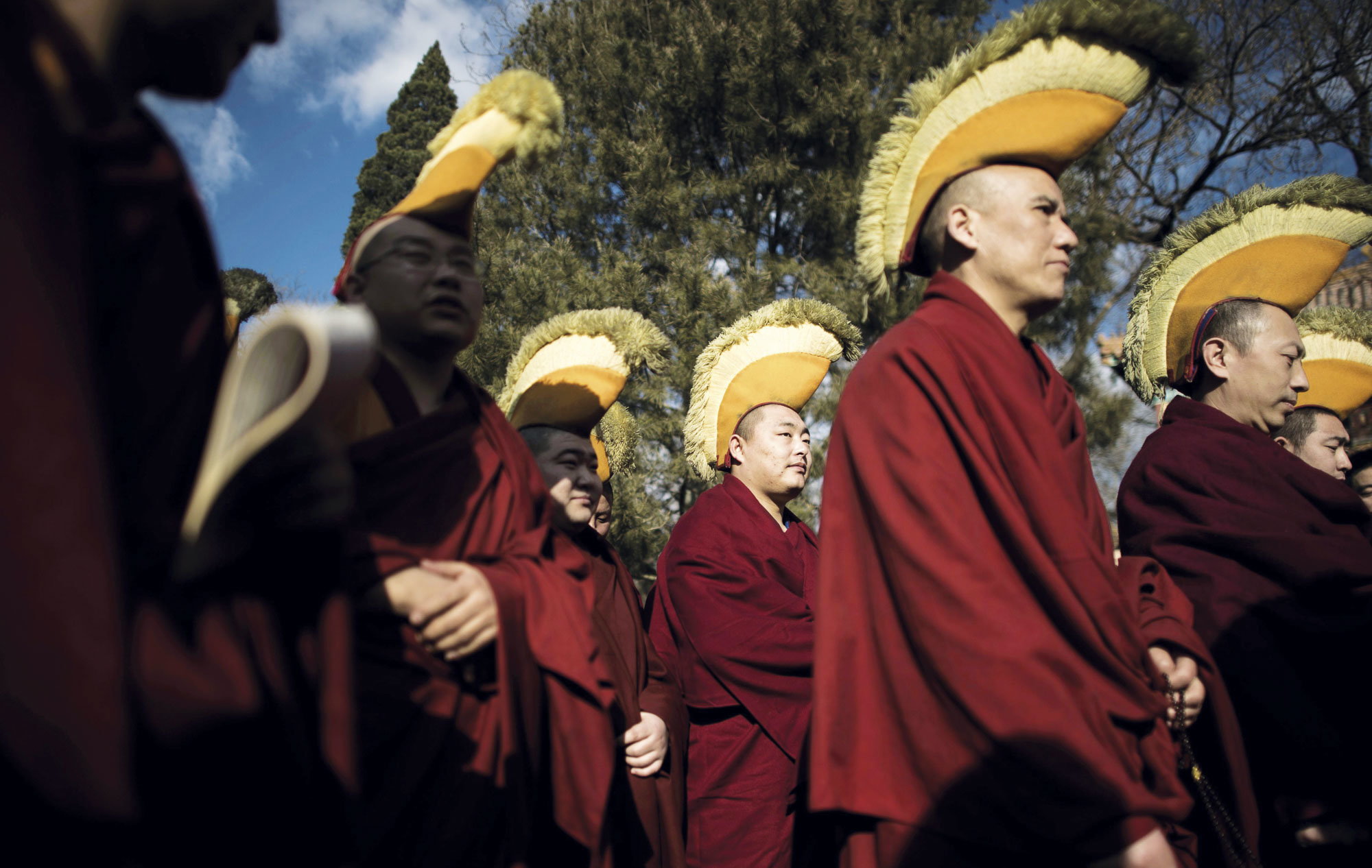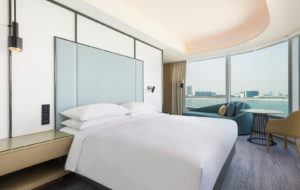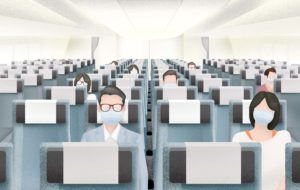I’m standing on a rooftop in a 700-year-old Beijing neighbourhood when Elsie Wu points up at a trellis. ‘We’re growing grapes here,’ she says, and sure enough, a few bunches of green fruit are dangling from a vine. Dill, mint and green kumquats are growing all over the roof. This is Re-Up Dashilar, a café, gallery and community gathering space located in Dashilar, a web of narrow streets that dates back to Beijing’s earliest days as a city. It’s the brainchild of Lin Lin Jacobs, a British-Chinese designer who sold her house in London to fund the project. Wu is the manager.
When I first meet Wu, she is busy setting up an exhibition of Dashilar street photography, and she is being followed by a local television crew filming a segment about the space. ‘More non-locals know about Dashilar than local Beijing natives, so we’re trying to reintroduce the neighbourhood to people here,’ Wu says.
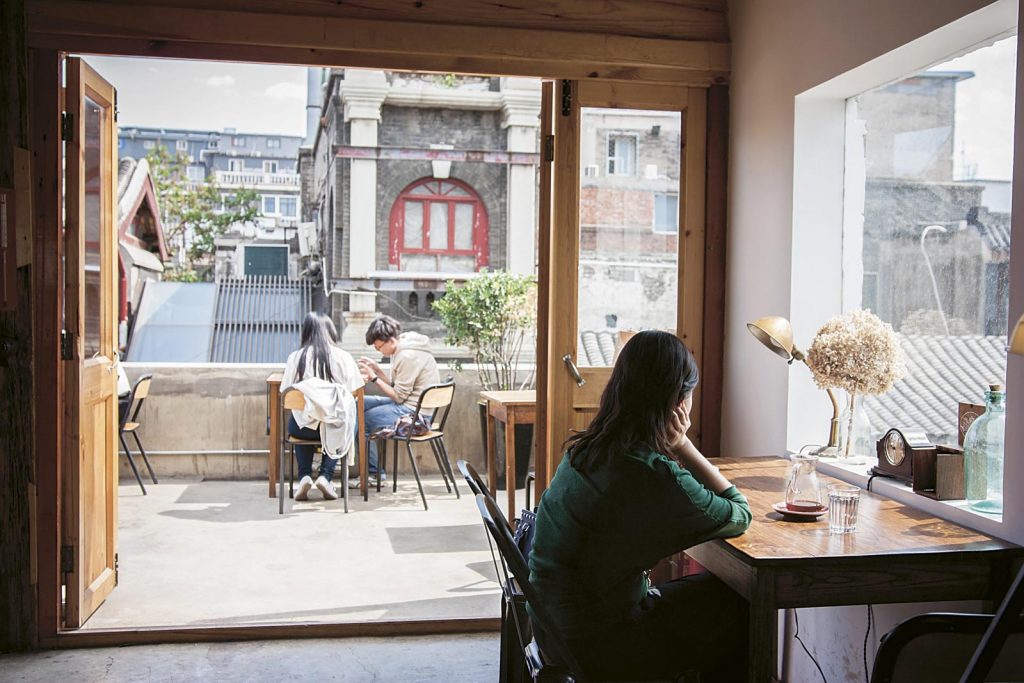
The project goes deeper than that. Though many tourists only see its highways and high-rises, Beijing’s heart is made up of centuries-old alleyways, hutongs, that are lined by low-slung, grey brick courtyard houses known as siheyuan. In the years after China’s economy opened up, these historic neighbourhoods were ransacked by developers in a quest to modernise the city. There were a total of 3,679 hutongs in the 1980s, according to government records. By the time the Beijing Olympics were held in 2008, barely 400 were left.
In recent years, though, the tide has shifted. Citizens, entrepreneurs and even some government departments have begun reinvesting in old neighbourhoods. Re-Up was launched as part of a collaboration between designers and the local government to revitalise Dashilar through community-based businesses and incremental renovations. ‘The local businesses support one another. It’s a good spirit,’ says Jacobs.
Jacobs is one of the most recognisable characters in Dashilar, with a V-shaped fringe and dragonfly tattoos on her upper arms. When she came across a decrepit relay factory two years ago, she knew she wanted to turn it into Re-Up. ‘Everything was falling apart,’ she says. The renovation took longer than expected because Jacobs insisted on using salvaged and recycled materials. ‘It’s actually cheaper to use new wood in China,’ she says.
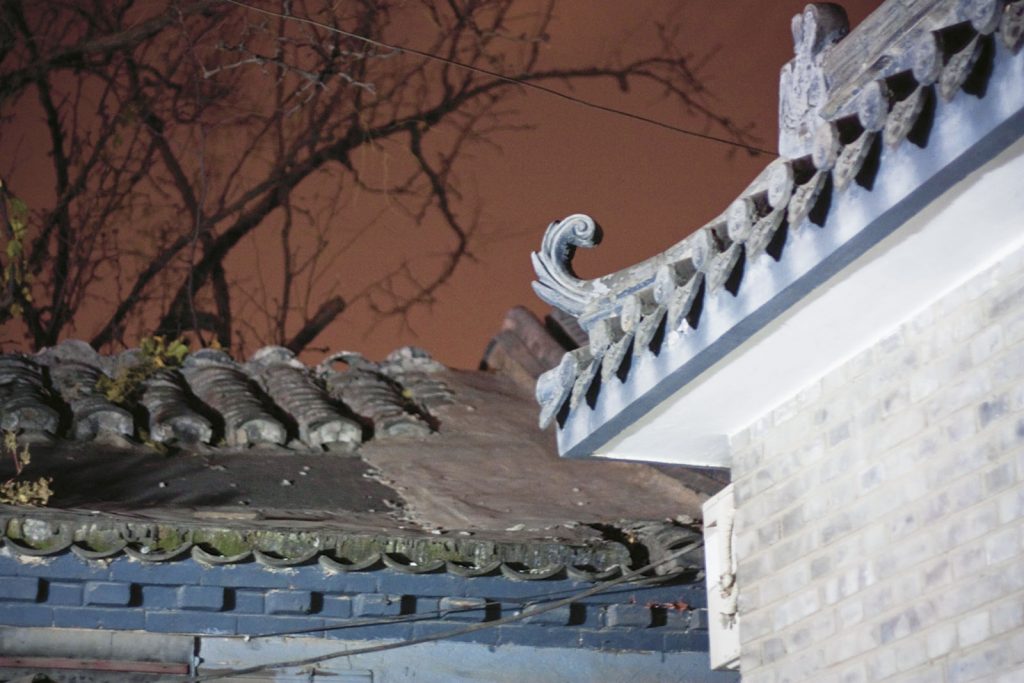
Others are going to similar lengths to connect with the places around them. A short walk away from Re-Up is Soloist Coffee, a speciality roaster housed in a thoughtfully renovated building that was once home to a bathhouse. I find owner Phil Ma on the second-floor patio, which overlooks the bustling hutong below. ‘We’re observers here,’ says Ma. ‘You sit on this terrace and you can see everything going on, all the neighbours doing their thing.’ I look around and spot an elderly woman climbing up a ladder to snip down some gourds hanging from a vine growing between two buildings. I see something moving on the adjacent rooftop: a rooster. A family of rabbits munches on salad on a nearby balcony.
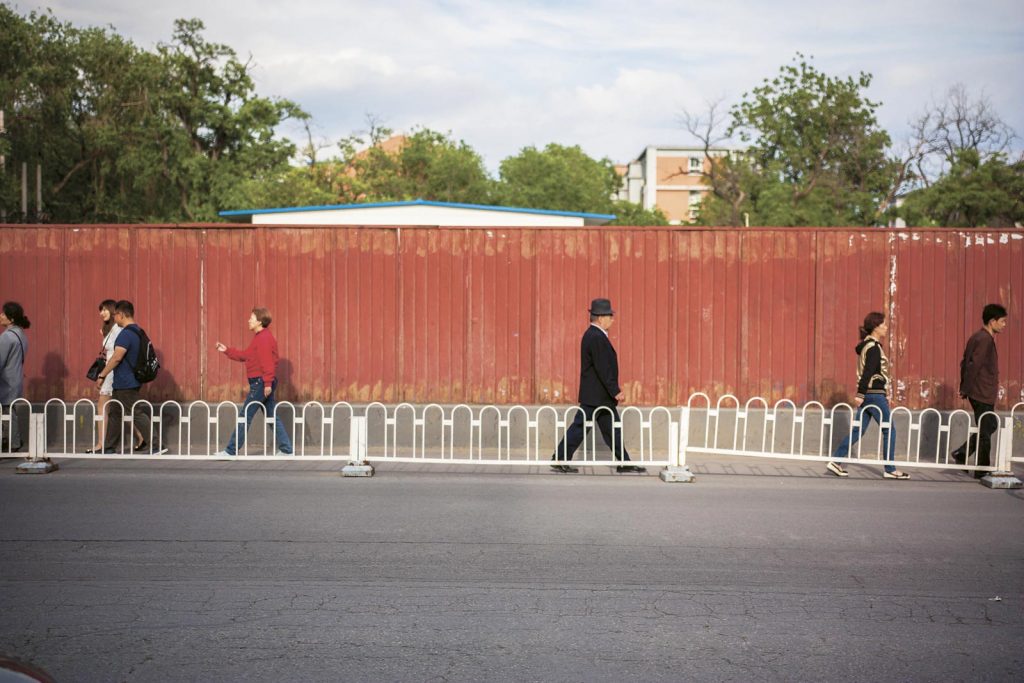
‘We weren’t particular about the location,’ Ma says. ‘Good coffee is good coffee.’ Born and raised in nearby Hebei province, Ma’s first sip of coffee, like most people in China, was of instant Nescafé. It wasn’t until he moved to Beijing and tried a cup of Starbucks coffee that he realised its flavour could be more complex. He began brewing his own. He now imports green beans from overseas and roasts them at Soloist. ‘You can taste flowers, a little fruit and, as the temperature changes, so does the taste,’ says Ma. ‘There are more than 2,000 chemical compounds in coffee. Wine only has 800. There’s a lot to explore.’
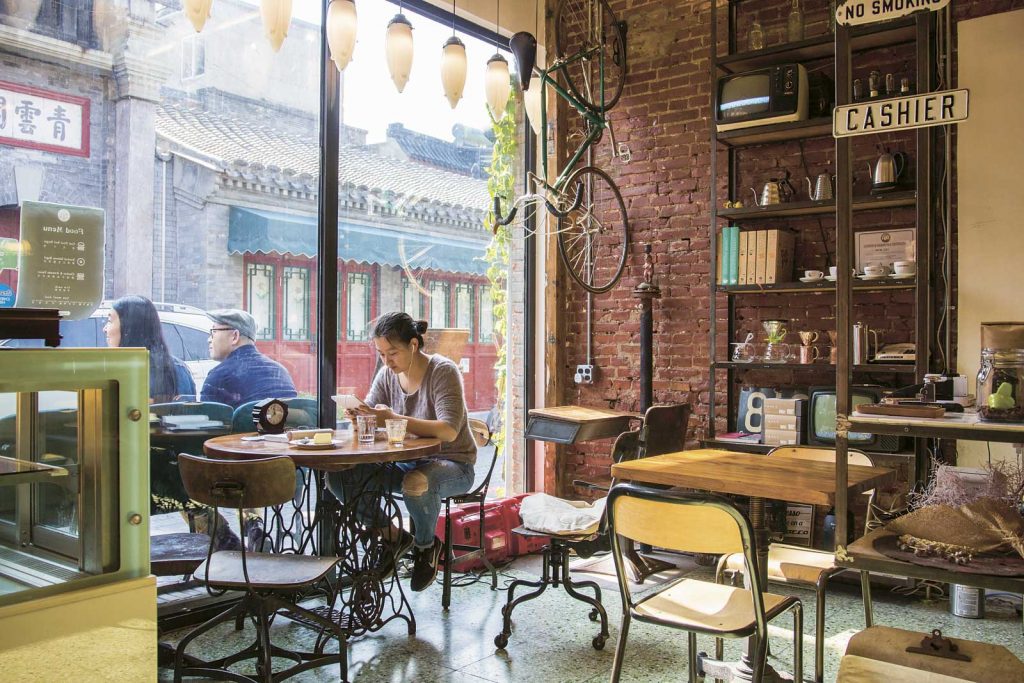
The same can be said of Beijing. There might only be 400 hutongs left, but they still cover a large enough area that they take days to explore. In well-preserved Shijia Hutong, a charming museum is dedicated to the history of hutong life. Farther west, near the Drum and Bell Towers, alleys like Baochao Hutong and Beiluoguxiang are lined with homey bars and cool cafés. One night, on a leafy hutong near the famous Ghost Street strip of restaurants, I come across The Distillery, a new bar where three expat friends are making gin infused with local flavours like chrysanthemum. When it first opened, the owners invited all their hutong neighbours for free drinks. ‘All the men came in their Beijing bikinis,’ says co-founder Matthias Heger, referring to the way Beijing men fold their shirts above their bellies to beat the summer heat.
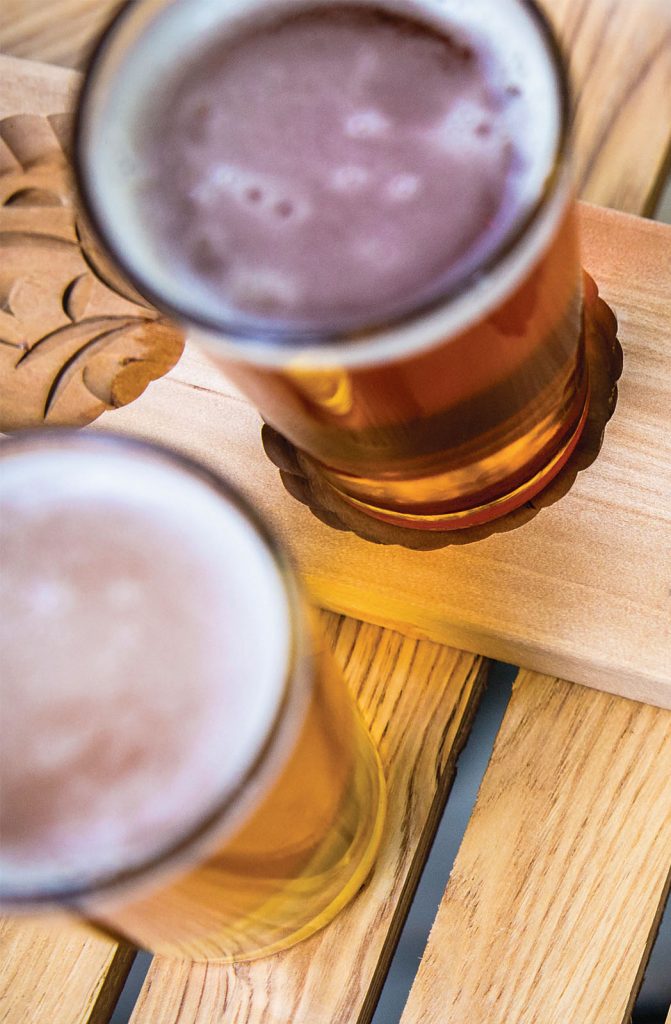
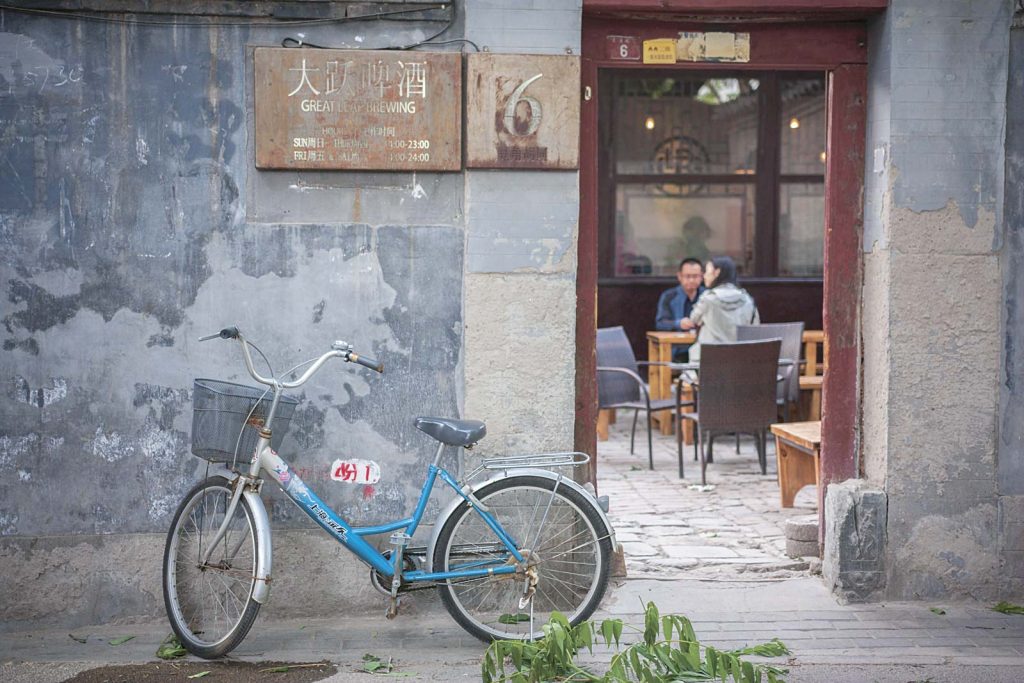
Liu Shaojun sees all of this activity as a kind of cultural renaissance. Liu is the owner of the Emperor Hotel Qianmen, where I meet him on the rooftop terrace, which has a view that stretches from the Forbidden City to the new business district’s towers. ‘This is my favourite place,’ says Liu. ‘It’s important to be able to see the horizon of the entire city. Sitting here, you can see 800 years of history, old and new together.’
The Emperor is a quirky boutique hotel built on the site of an historic public bath, of which only the facade remains – everything else was demolished as part of the much-criticised Qianmen redevelopment, a pre-Olympics project that replaced one of Beijing’s most lively commercial neighbourhoods with a historic theme park.
While Liu was disappointed with the demolition of the old buildings, it seemed like a good opportunity to create a dialogue between the city that was and the city that exists today. ‘Before, when people renovated, they threw everything out. Now they want to restore the traditional elements,’ he says. ‘All of a sudden we have a bit of money in our pockets, so we are reflecting on who we are. People are thinking we should bring a bit of the past into the present.’
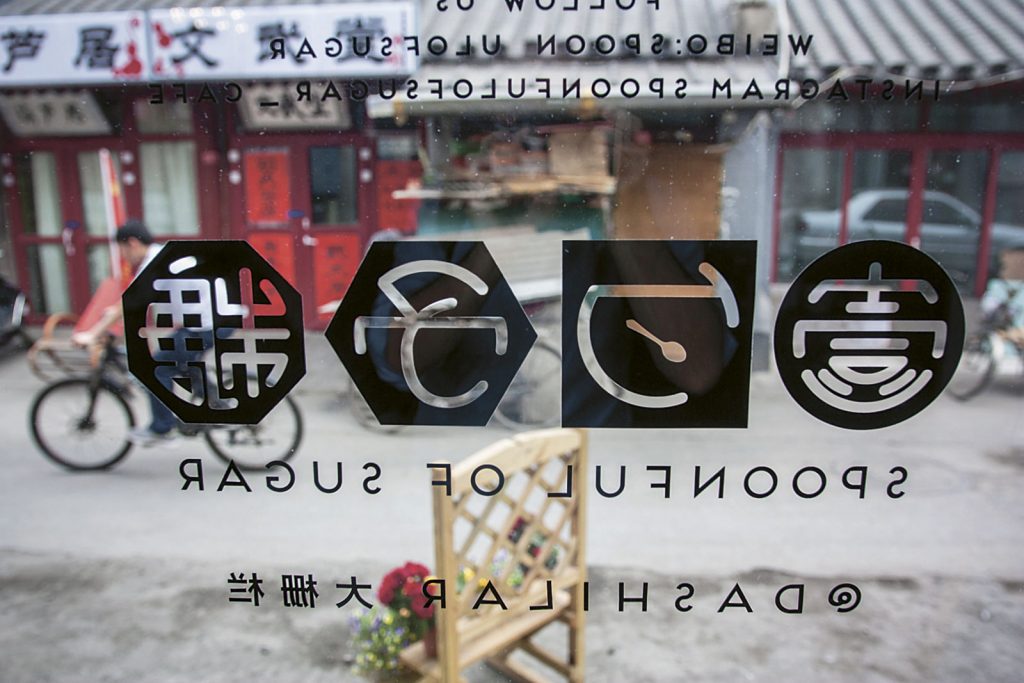
New life in old Beijing
Eat
White Tiger Village
This hutong restaurant offers an upscale spin on chuan’r barbecue skewers, with plump cuts of high-quality meat. 84 Xiang’er Hutong
Suzuki Kitchen
Housed in a beautifully restored courtyard house, this laid-back restaurant offers down-home Japanese dishes. 16 Yangmeizhu Xiejie; suzukikitchen.com
Drink
Capital Spirits
This atmospheric hideaway is the perfect place to learn about China’s iconic yet underrated spirit baijiu. 3 Daju Hutong; capitalspiritsbj.com
Great Leap Brewing
Beijing’s first craft brewery, with traditional window screens and a bucolic courtyard. Try the Honey Ma Gold, made with Sichuan peppercorns. 6 Doujiao Hutong; greatleapbrewing.com
Shop
Zi Wu
This tiny boutique specialises in elegant, hand-stitched leather bags. 27A Wudaoying Hutong
NLGX
Born on Nanluoguxiang, Beijing’s original hip hutong, NGLX draws from the city’s heritage to create a huge range of lifestyle products. 33 Nanluoguxiang; nlgx.com
Sleep
The Orchid
A refined hutong getaway with only ten rooms, a peaceful courtyard and a brunch restaurant featuring local ingredients. 65 Baochao Hutong; theorchidbeijing.com
The Hulu Hotel
Nine cosy rooms in a restored courtyard house make this one of the most highly rated B&Bs in town. 91 Yanyue Hutong; www.thehuluhotel.com



